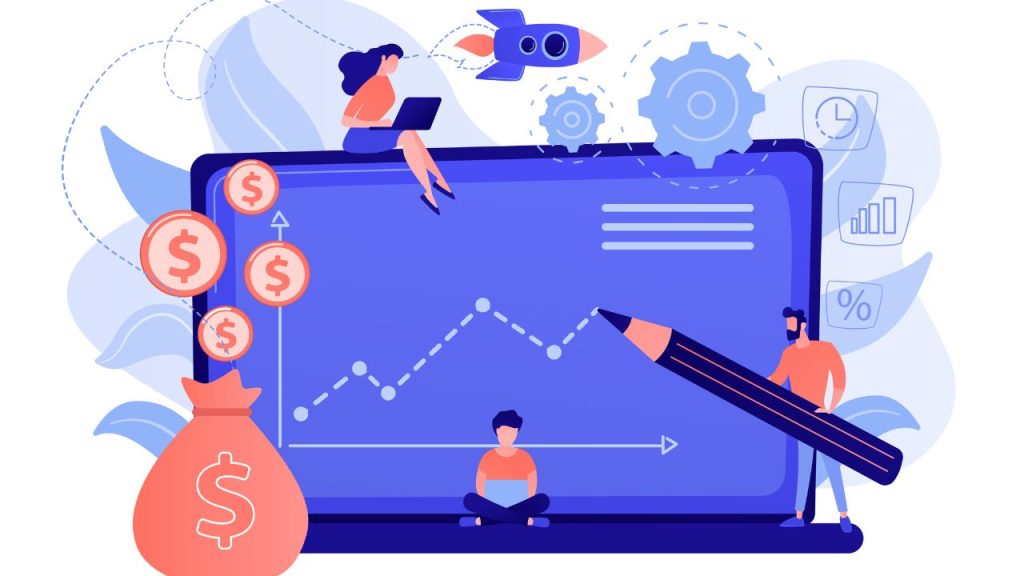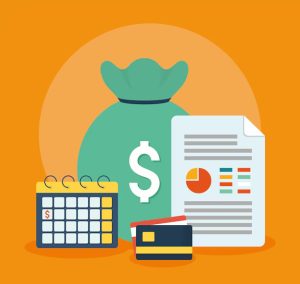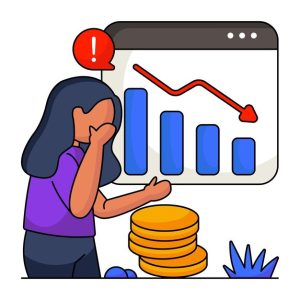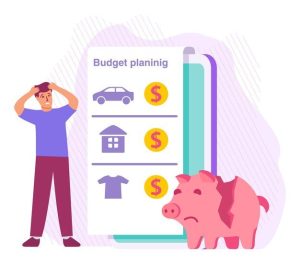In today’s rapidly evolving financial landscape, Digital Financial Education is playing a pivotal role in reshaping how individuals manage their finances, especially in the realm of debt management. With the rise of technology, there are now more opportunities than ever for consumers to gain knowledge about managing their personal finances effectively, thus combating the growing debt problem in the United States. Understanding how to make informed financial decisions can lead to greater financial stability and independence.
For millions across the nation, debt can be a crippling burden. However, the advancement of online learning tools and resources has made it easier than ever to access financial literacy programs. These resources equip consumers with the necessary skills and knowledge to navigate financial challenges and avoid common pitfalls that lead to excessive debt.
The importance of digital financial learning tools

Education through digital platforms is crucial in today’s fast-paced world. With the convenience and accessibility it offers, more individuals are turning to these tools to enhance their financial literacy. Online courses, webinars, and mobile apps have democratized access to crucial information, enabling users to learn at their own pace and from any location.
By utilizing these digital resources, people can gain a deeper understanding of concepts like budgeting, saving, and responsible borrowing. In turn, they are more equipped to make decisions that prevent the accumulation of overwhelming debt. As a result, this education becomes an essential component in fostering a financially savvy society.
How digital education fosters financial responsibility
Digital platforms provide tailored content that addresses specific financial needs, allowing users to focus on areas they find challenging. Through interactive exercises and real-world scenarios, learners can practice and apply new skills immediately. This approach not only enhances understanding but also boosts confidence in managing one’s finances.
Moreover, digital financial education encourages a culture of ongoing learning and adaptation. As financial situations and available solutions evolve, staying informed through these platforms helps consumers adjust their strategies accordingly. Ultimately, it empowers individuals to take proactive steps toward debt management and financial health.
Challenges and opportunities in digital financial education
Despite its benefits, digital financial education faces several challenges. Access to technology and the internet remains a barrier for some, affecting their ability to utilize these resources. Moreover, the plethora of available information can be overwhelming, and differentiating between credible sources requires discernment.
Nonetheless, these challenges present opportunities for further improvement and innovation in the field of financial education. By investing in infrastructure and developing partnerships with community organizations, we can work towards making digital financial literacy programs accessible to a wider audience. Additionally, curating content that is relevant, accurate, and easily digestible is crucial for widespread adoption and effectiveness.
Implementing practical strategies for debt reduction
To effectively reduce debt, individuals must implement plans that are both realistic and actionable. Digital education platforms often offer tools such as budgeting calculators and debt repayment planners. These resources allow users to map out strategies that align with their financial capabilities and goals.
Moreover, many platforms provide access to financial advisors through virtual consultations. These experts can offer personalized advice and help individuals navigate complex financial decisions. By taking advantage of these practical strategies, consumers can make significant strides toward reducing their debt and achieving financial security.
The transformative impact of digital financial education
In conclusion, digital financial education stands as a transformative force in the battle against debt in the United States. By equipping individuals with the knowledge and tools needed to manage their finances effectively, these resources empower them to make informed decisions and take control of their financial futures.
As our world becomes increasingly digitized, embracing these educational platforms is more important than ever. By actively participating in digital financial literacy programs, individuals can pave the way for a more financially responsible society. The ripple effect of informed decision-making can lead to improved financial well-being for all, reducing the burden of debt nationwide.



